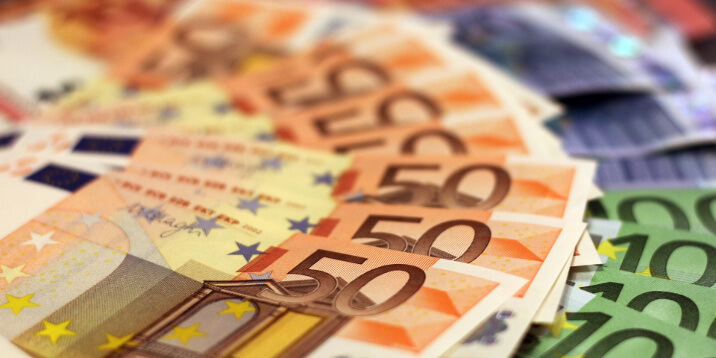There will never be an end to the disappointments for anti-globalists, sovereignists, populists, all those who saw in the Covid 19 pandemic the final end of the world as we know it. Returning to oneself, national borders, national pride and home-made goods was, in their opinion, a done deal and a matter of time. The collapse of the order of open borders, global production and trade, global exchange of information, ideas and investments, has pleased many in recent months, even at the cost of thousands of human casualties and immeasurable economic damage. However, they will still be disappointed because their “vision” is not being realized, just like after the financial crisis of 2008, after September 11, after the anti-globalization protests in Seattle in 1999, after Brexit, and after Trump’s arrival to power…
They were disappointed by a group of 27 people, not very ordinary, but the leaders of all EU members, who approved spending 1.8 thousand billion euros in the next seven years. Of that, 750 billion euros for repairing the wounds caused by the Corona, which is money the size of half of Russia’s GDP. The entire European budget, and especially its giant fund for recovery from the pandemic, will be remembered not only for its financial swing, but much more as a brutal response to all previous projections from the beginning of the text. European leaders have denied in the most tangible way that the Union is weakening or even disintegrating, which is expected with malice in its populist movements for years, but much more outside its borders, especially towards the East. They also denied the famous thesis that there is no more solidarity in the EU, that its fundamental values of the common market and the openness of its economies have been violated. Where will you find more solidarity than borrowing on behalf of all member states, even the least developed ones, on the international financial market – by the European Commission, i.e. the united EU? Quite simply, for the part of the debts that will be used by Bulgaria, for example, the Netherlands will guarantee. With this decision, the EU unexpectedly raised its credibility overnight, primarily with its own public, especially in those countries where Europhobic voices have become stronger. Its project has gained much-needed strength and sympathy in the long run, renewing optimism towards the most successful integration the world has ever seen.
The Croatian part of the cake weighs 22 billion euros. For the sake of comparison, that is the amount that Croats earn from tourism in two years, or, on the other hand, the two annual budgets of the Republic of Serbia. In order to “withdraw” this money, Croatia will have to make an effort to make good projects, to reform its still unreformed sectors (primarily public administration), and all that will make it even more developed, organized and richer in the next seven years.
Unfortunately, Serbia does not participate in this distribution, because it is not yet a member of the Union. All those who find a flaw in the huge European support package, saying that there is no free money, that the question is what they will have to do in return… are malicious and ignorant outsiders, who do not wish well for their country and talk about “sour grapes”. Belonging to a club, called the European Union, certainly does not make its members one hundred percent happy, but no one wants to leave it (anymore). Among other things, because of such decisions, which enable members to get out of unforeseen crises and catastrophes much easier and with as little damage as possible, which will, unfortunately, be more and more frequent in the future. Serbia can and should regret that it has not already become the EU member, but there is no excessive benefit from that. The new Brussels budget and the economic support package are just another strong reminder of how important it is to speed up the movement towards the EU. And the solution to the Kosovo issue is inseparable, first or at the same time. It is precisely about the strategy and the steps that Serbian President Vučić is constantly taking and talking about. Even the biggest opponents should now have a direct line from resolving the Kosovo issue to Serbia’s full membership in the EU, and thus belonging to a protected, solidary and rich framework in which constant development is inevitable. The speed of movement along this line is vital for Serbia. Every year, and even every day of remaining on that road, will be able to easily get its numerical amount, both in missed billions of support, in unopened jobs, investments that have bypassed us, unbuilt hospitals and schools… Europe confirmed last week that it is open and determined to remain in solidarity and wealthy. Does Serbia still have a dilemma whether to join it?
